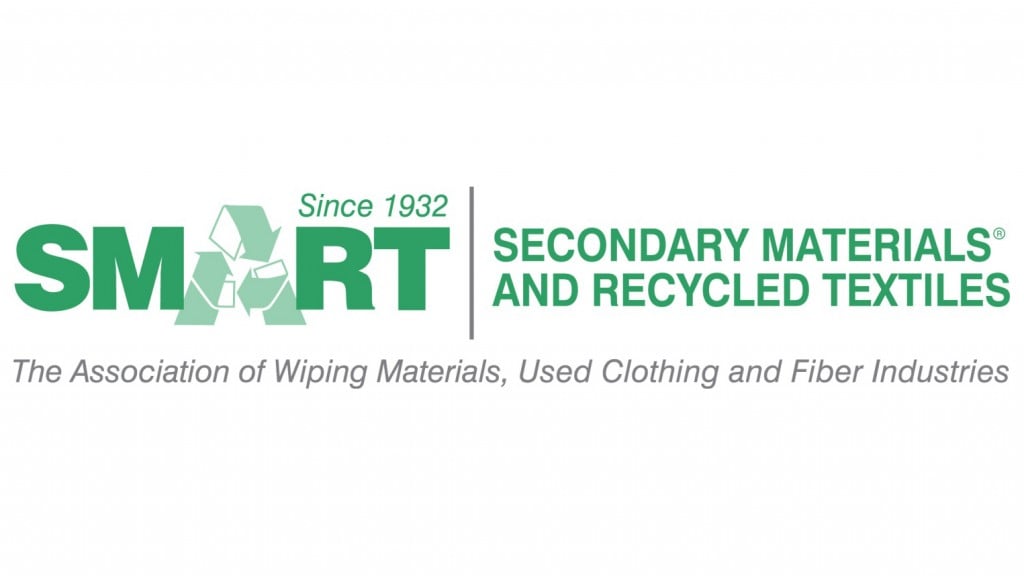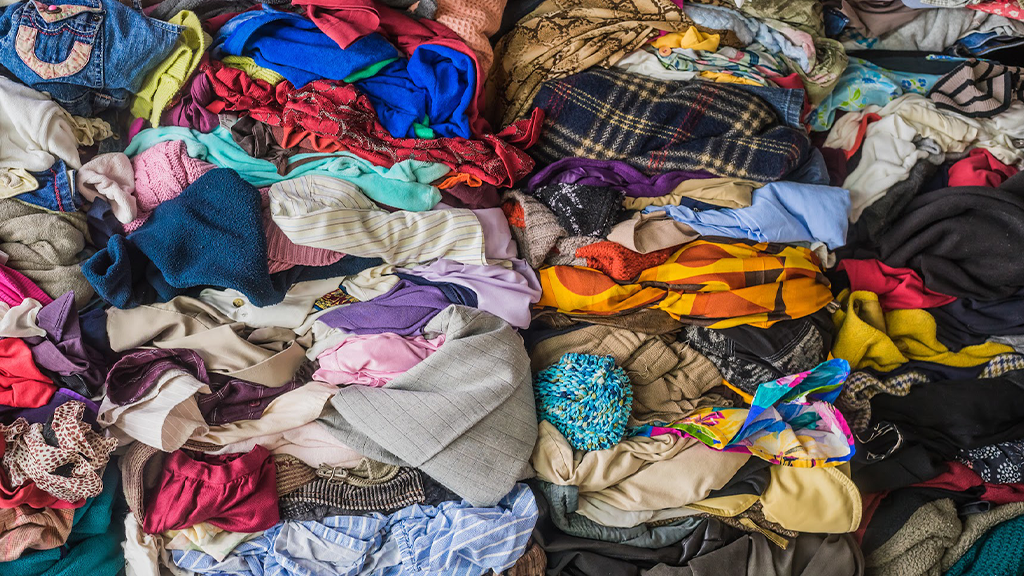SMART working to reopen used clothing channels into Kenya amidst pandemic
Secondary Materials and Recycled Textiles association responds to Kenyan government ban on import of used shoes and garments

The Secondary Materials and Recycled Textiles Association (SMART) is urging Kenyan officials to reverse their recent COVID-19 related ban on the importation of used garments (Mitumba) and shoes, noting that all available research on the virus shows they are not a threat to those who wear them.
Representatives of SMART, the U.S. based nonprofit association of for-profit businesses in the textile reuse and recycling industry, were notified by the Kenya Bureau of Standards (KEBS) on April 1, 2020, that the country's importation of used garments and shoes had been suspended until further notice. KEBS said it was implementing the ban as a precautionary measure to prevent the spread of the novel coronavirus (COVID-19) - a decision made under the false pretenses that the virus can be transmitted through used footwear and textiles.
SMART says that while numerous studies including those published in the New England Journal of Medicine and The Lancet have shown that COVID-19 may be detectable on hard, non-porous surfaces like plastics and metals for hours and potentially up to 2 to 3 days, they also reveal the virus is even less likely to survive on soft, porous surfaces like textiles including rugs, carpets, shoes and clothing - whether they might be new or used.
According to guidelines issued by the U.S. Centers for Disease Control and Prevention (CDC), mitigating whatever small risk might be present on soft, porous surfaces like textiles is easily addressed by laundering the textile according to manufacturer instructions in warm water. This advice is supported by the fact that countless hospitals and other medical facilities are utilizing reusable linens and personal protective equipment/hospital apparel to protect healthcare workers that are treating patients infected with COVID-19.
Furthermore, according to SMART, used clothing that is shipped overseas is typically in transit for weeks, if not months at a time - far longer than the virus has ever been shown to survive on even the most hospitable non-porous hard surfaces.
"Like so many others around the world, SMART and its members are engaged in the worldwide fight against a common enemy: COVID-19," says Jackie King, the association's executive director.
"SMART and its members are committed to working with governments, businesses and individuals to slow the progression of this disease, embrace mitigation measures and protect the most vulnerable among us. However, as the situation currently presents itself, there is absolutely no supporting evidence that COVID-19 can be transmitted through secondhand textiles," she continues. "We believe Kenya's recent ban is a disingenuous attempt to stop secondhand clothing trade masquerading as a measure to protect its citizens."
Company info
3465 Box Hill Corporate Center Drive, Suite H
Abingdon, MD
US, 21009
Website:
smartasn.org



